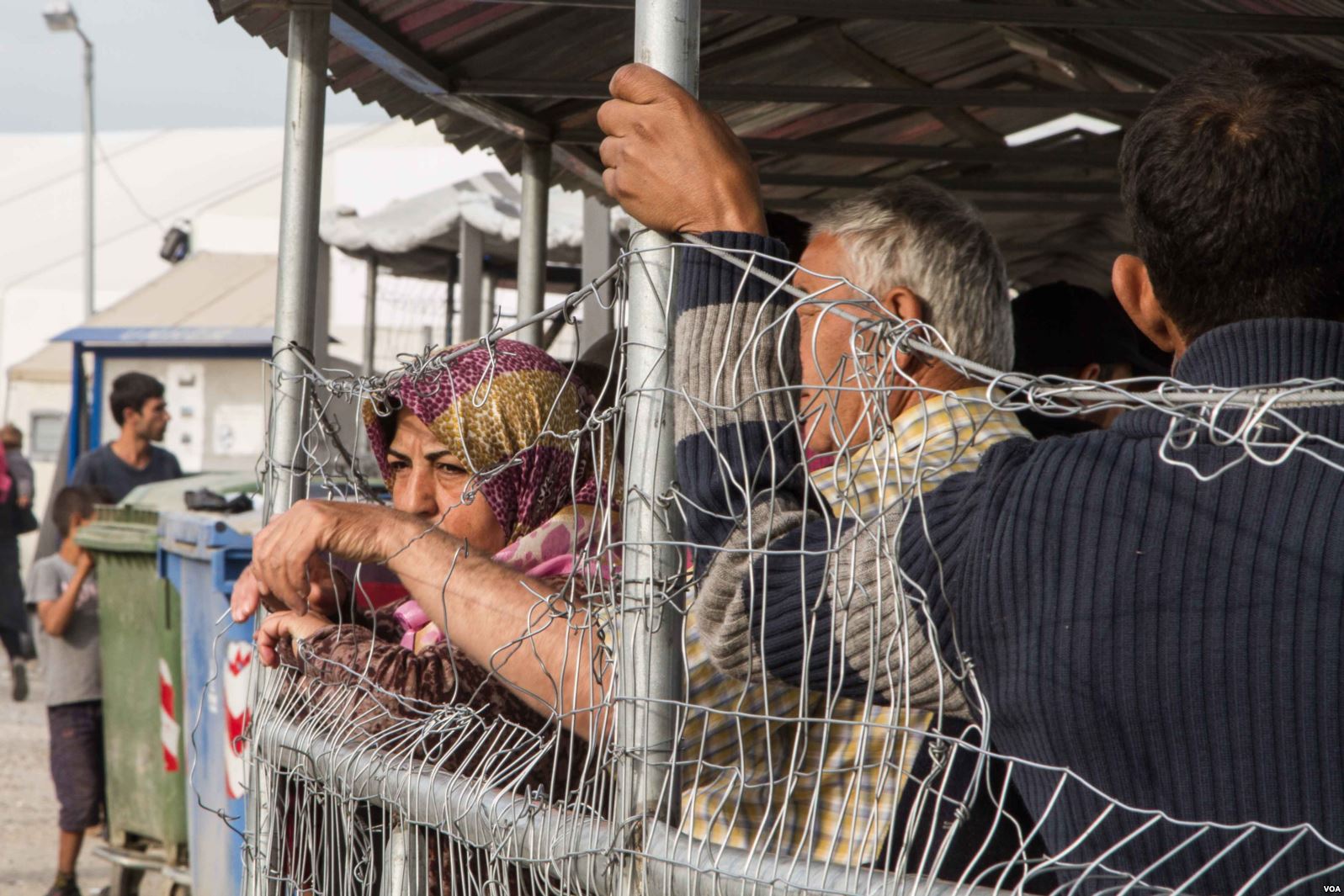Migration to Europe: Stories From the Western Route
This year, our Transatlantic Media Fellows traveled to Spain and North Africa to report on migrants trying to reach Europe.
Background: Migration to Europe Since 2015

The arrival of almost 1.8 million migrants into Europe since 2015 sparked a political crisis that continues to rattle the European Union (EU). Although arrivals to Europe began to increase in 2011 in part due to unrest after the Arab Spring and the onset of the Syrian War, it did not become a major focus of the EU policy agenda until 2015. In April of that year, over 600 people died when a ship attempting to cross the Mediterranean from Libya capsized – by far the deadliest single incident to date. Shocked into action, European leaders responded by holding an emergency summit. Amid calls for solidarity, various bodies of the EU proposed policies that aimed to bolster rescue operations and reduce the burden on Italy and Greece, the two main points of entry which, as outlined by the Dublin Regulation, were responsible for processing the majority of asylum applications.
Key Terms
- Asylum seekers are persons who have fled their country of origin due to a “well-founded fear” of persecution on grounds of “race, religion, nationality, membership of a particular social group, or political opinion.” They are seeking international protection in another country under the 1951 Refugee Convention on the Status of Refugees (Geneva Convention). Their claims have not yet been approved by the country to which they applied. The Geneva Convention is limited in scope, leading some regions, such as Latin America and Africa, to adopt their own regional declarations conferring refugee status to people not covered under the Geneva Convention.
- Refugees have been granted asylum in a country outside of their country of origin or have been recognized as refugees by UNHCR. Though the terms asylum-seeker and refugee have distinct legal definitions, they are often used interchangeably in colloquial speech.
- Migrants are persons who leave their home country for a wide variety of reasons. This term also covers people who are not protected by the Geneva Convention or other international frameworks, such as people fleeing war, the effects of climate change, and extreme poverty – though individual countries may confer rights to these groups.

